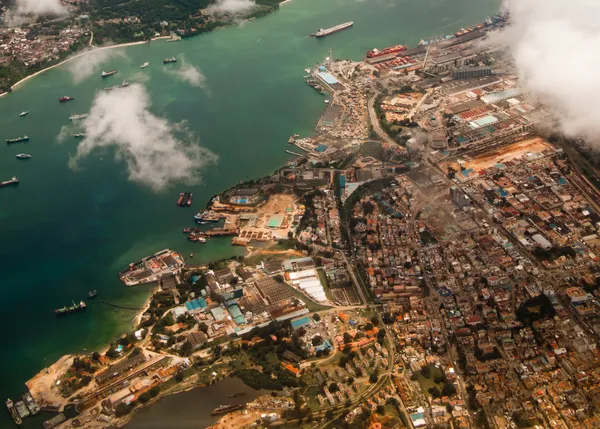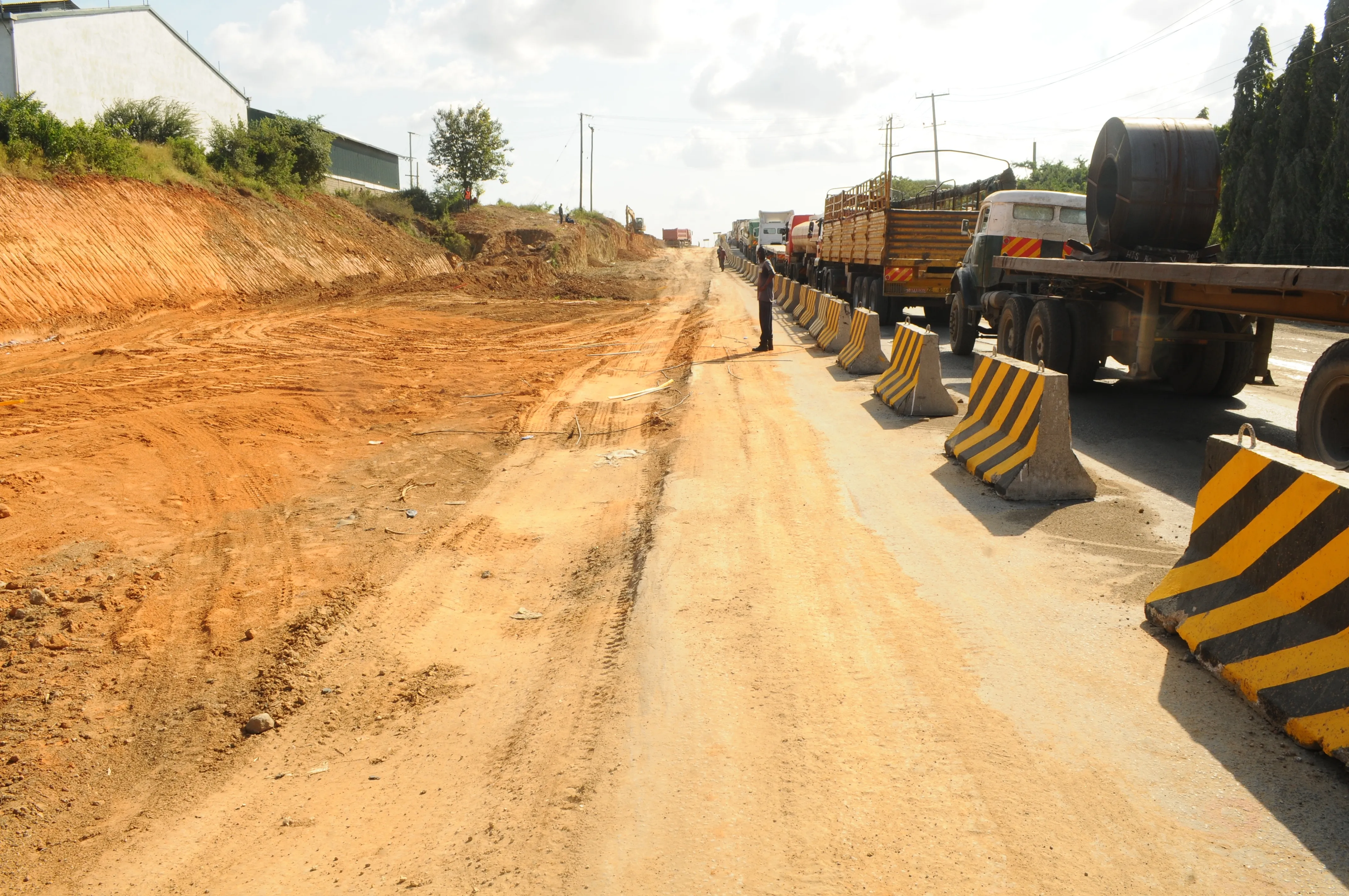Brazil’s roads are improving, but more than 49,000km remain in a fair, bad or very bad state, according to the latest figures from the National Confederation of Transport.
Nearly half of roads are considered fair or worse, down from three-quarters in the NCT’s last survey in 2004. The NCT represents around 124,000 cargo and passenger transportation businesses and more than 824,000 independent truck drivers.
The survey took into account paving, road routes and signalling and found the 10 best roads in
November 17, 2014
Read time: 2 mins
Brazil’s roads are improving, but more than 49,000km remain in a fair, bad or very bad state, according to the latest figures from the National Confederation of Transport.
Nearly half of roads are considered fair or worse, down from three-quarters in the NCT’s last survey in 2004. The NCT represents around 124,000 cargo and passenger transportation businesses and more than 824,000 independent truck drivers.
The survey took into account paving, road routes and signalling and found the 10 best roads in 2014 and 2004 were under private operators. Around 29% of public roads were considered excellent or good, while 71% were deemed fair, bad and very bad.
Nearly three-quarters of roads under concession were classified as excellent or good and 26% as fair, bad or very bad.
According to the CNT, Brazil’s road network needs more than $113 billion of investment.
In addition, the state of Sao Paulo signed an agreement with the bank Banco Santander for $300 million for 12 road infrastructure projects. The work, which hasn’t gone to tender, covers more than 351km in 26 municipalities.
Departamento de Estradas de Rodagem (DER) starts work on the projects sometime next year. The agreement is the first international private financing operation for a Brazilian state using the2332 World Bank's MIGA insurance agency.
Nearly half of roads are considered fair or worse, down from three-quarters in the NCT’s last survey in 2004. The NCT represents around 124,000 cargo and passenger transportation businesses and more than 824,000 independent truck drivers.
The survey took into account paving, road routes and signalling and found the 10 best roads in 2014 and 2004 were under private operators. Around 29% of public roads were considered excellent or good, while 71% were deemed fair, bad and very bad.
Nearly three-quarters of roads under concession were classified as excellent or good and 26% as fair, bad or very bad.
According to the CNT, Brazil’s road network needs more than $113 billion of investment.
In addition, the state of Sao Paulo signed an agreement with the bank Banco Santander for $300 million for 12 road infrastructure projects. The work, which hasn’t gone to tender, covers more than 351km in 26 municipalities.
Departamento de Estradas de Rodagem (DER) starts work on the projects sometime next year. The agreement is the first international private financing operation for a Brazilian state using the








